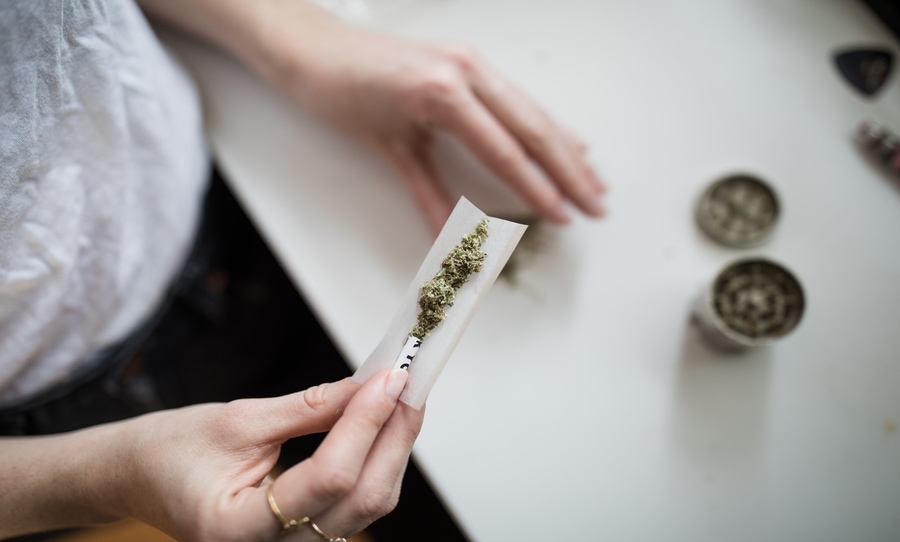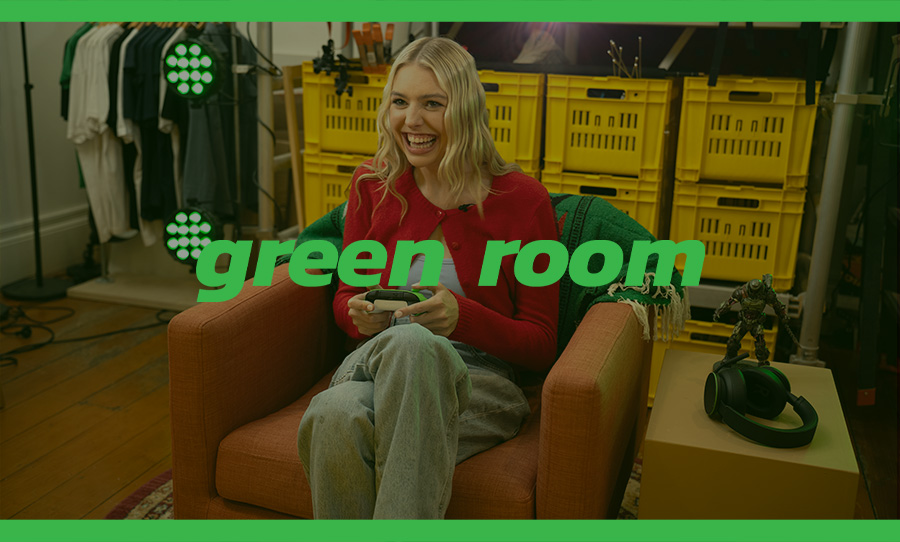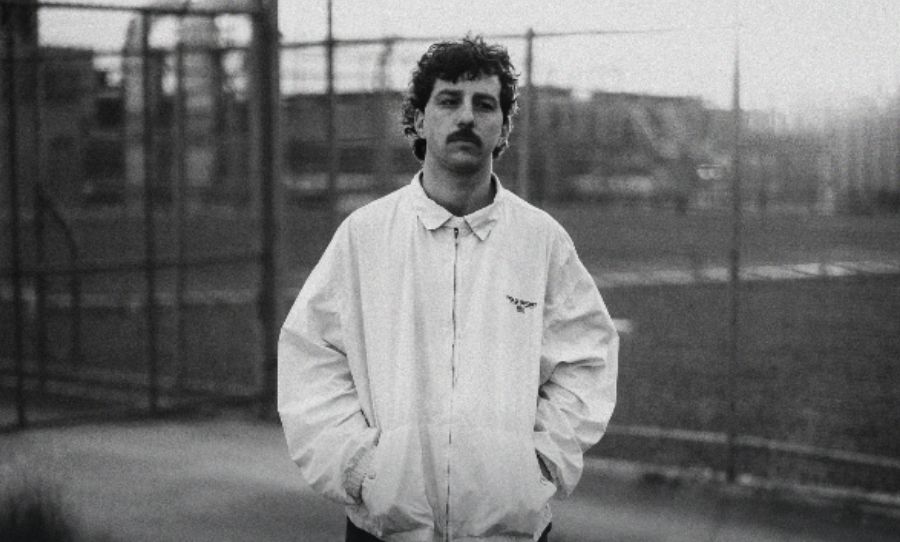People are calling for new classifications of illegal drugs such as cocaine, heroin and cannabis, to reflect a scientific assessment of harm, according to a report by the Global Commission on Drug Policy.
The commission, which includes 14 former heads of states from countries such as Colombia, Mexico, Portugal and New Zealand aimed to delve into the world of drug classifications and its findings are insightful.

The commission is calling out drug politics, claiming that the international classifications system underpinning drug control is “biased and inconsistent”.
The commission has revealed that the “deep-lying imbalance” between controlling substances and allowing access for medicinal purposes had caused “collateral damage.”
“The international system to classify drugs is at the core of the drug control regime – and unfortunately the core is rotten,” said Ruth Dreifuss, previous president of Switzerland and chair of the commission. She demanded a “critical review” of the classification system, prioritising the role of the World Health Organization and scientific research in setting criteria based on harms and benefits.
Interestingly, other studies have shown that alcohol has had exponentially more damage than the majority of these illegal substances. As such the commission states that restrictions on milder, less harmful drugs should also be disengaged, to include “other legitimate uses,” including traditional, religious or social use.
Some illegal drugs, including cocaine, heroin, cannabis and cannabis resin, were evaluated up to 30 years ago or have never been evaluated, Dreifuss said, which seriously undermines their international control.
Asked whether these drugs should be reclassified, Juan Manuel Santos, the former president of Colombia, replied “yes”. “The scientific basis is non-existent,” Santos told journalists at an online briefing to discuss the commission’s report.
“It was a political decision. According to the studies we’ve seen over past years, substances like cannabis are less harmful than alcohol,” he said. “I come from Colombia, probably the country that has paid the highest price for the war on drugs.”
After 50 years, the war on drugs has not been won, Santos said. It had caused “more damage, more harm” to the world than a practical approach that would regulate the sale and consumption of drugs in a “good way”.
The commission called on the international community to move towards the legal regulation and use of drugs an idea which is shocking and controversial to many people.
“We need to think of these things with a fresh outlook,” said Anand Grover, the former special UN rapporteur for health, India. “We can’t go with the cultural biases of the west.”
While the campaign for a ‘drug-free world’ continues to cause damage and cost lives, reports like this suggest that new drug classifications are on the way and maybe one day an ideal scenario will be reached.
You can read the full report here.


